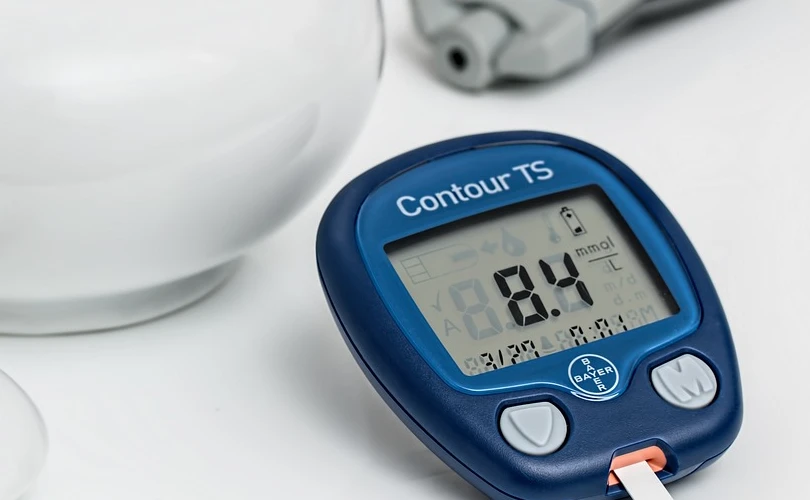Ozempic (semaglutide) has been associated with the occurrence of gastroparesis, a condition characterized by stomach paralysis. Gastroparesis is a medical disorder characterized by impaired stomach muscular function, resulting in delayed food movement through the digestive tract. These symptoms manifest in several ways, such as nausea, vomiting, bloating, and stomach discomfort.
Gastroparesis can result in the regurgitation of food into the esophagus, producing symptoms such as heartburn and chest discomfort. This occurs because of the malfunctioning of the stomach muscles, which results in the inability to propel food through the digestive system regularly. This can result in the accumulation of food in the stomach, which can subsequently lead to its regurgitation into the esophagus.
Symptoms
Gastroparesis is a persistent medical disorder that can lead to a range of symptoms, such as:
Emesis and emetic reflex
Distension and discomfort in the abdomen
Experiencing satiety while consuming a modest quantity of food
Reduction in body mass
Gastroesophageal reflux and thoracic discomfort
Gastroparesis can potentially result in more severe consequences, including:
Dehydration
Undernutrition
Gastric bezoar formation (the solid aggregation of ingested food and other substances within the stomach)
Intestinal blockage
If you are encountering any indications of gastroparesis, it is imperative to consult a physician promptly. Gastroparesis is an incurable condition, but there are therapeutic interventions available that can effectively alleviate symptoms and enhance one’s quality of life.
Strategies
Below are many strategies to effectively manage gastroparesis:
Consume regular, frequent meals throughout the day.
Refrain from consuming substantial meals or meals that include excessive amounts of fat or fiber.
Ensure enough hydration by consuming ample amounts of liquids throughout the day.
Masticate your meal meticulously.
Refrain from consuming coffee and alcohol.
Symptom Management
Administer pharmaceuticals to manage your symptoms, including antiemetics, prokinetics, and analgesics. Surgery may be required in certain instances to address gastroparesis. Surgical intervention might be employed to dilate the tube connecting the stomach and the small intestine or to implant a pacemaker in the stomach muscles to enhance their functionality.
Most individuals with gastroparesis may have whole and dynamic lives when provided with appropriate medical care. Additionally, it might result in malnutrition and dehydration.
Ozempic medication acts as an agonist for the glucagon-like peptide-1 (GLP-1) receptor. GLP-1 is a hormone that has a role in the regulation of both blood sugar levels and hunger. Ozempic is used for the treatment of type 2 diabetes and obesity.
Ozempic is believed to induce gastric paresis by decelerating the peristaltic flow of food in the gastrointestinal system. This might impede the entire stomach emptying, resulting in food accumulation and the manifestation of gastroparesis symptoms.
The incidence of gastric dysmotility caused by Ozempic is minimal; nevertheless, it is crucial to acknowledge its potential occurrence. If you are using Ozempic and encounter any indications of gastroparesis, such as nausea, emesis, distention, or discomfort in the abdomen, it is advisable to consult your physician.
Below are some recommendations to mitigate the likelihood of gastroparesis caused by Ozempic:
Initiate treatment with a conservative dosage of Ozempic and progressively escalate the dosage as tolerated.
Ingest Ozempic with a meal to decelerate its assimilation and decrease the likelihood of adverse reactions.
Ensure enough fluid intake throughout the day to maintain proper hydration.
Refrain from consuming substantial meals or meals with high fat or fiber content.
Consume regular, frequent meals throughout the day.
If you encounter any indications of gastroparesis, it is advisable to consult with your physician.
Your physician may advise discontinuing using Ozempic or transitioning to another medicine.

Dominic E. is a passionate filmmaker navigating the exciting intersection of art and science. By day, he delves into the complexities of the human body as a full-time medical writer, meticulously translating intricate medical concepts into accessible and engaging narratives. By night, he explores the boundless realm of cinematic storytelling, crafting narratives that evoke emotion and challenge perspectives.
Film Student and Full-time Medical Writer for ContentVendor.com




